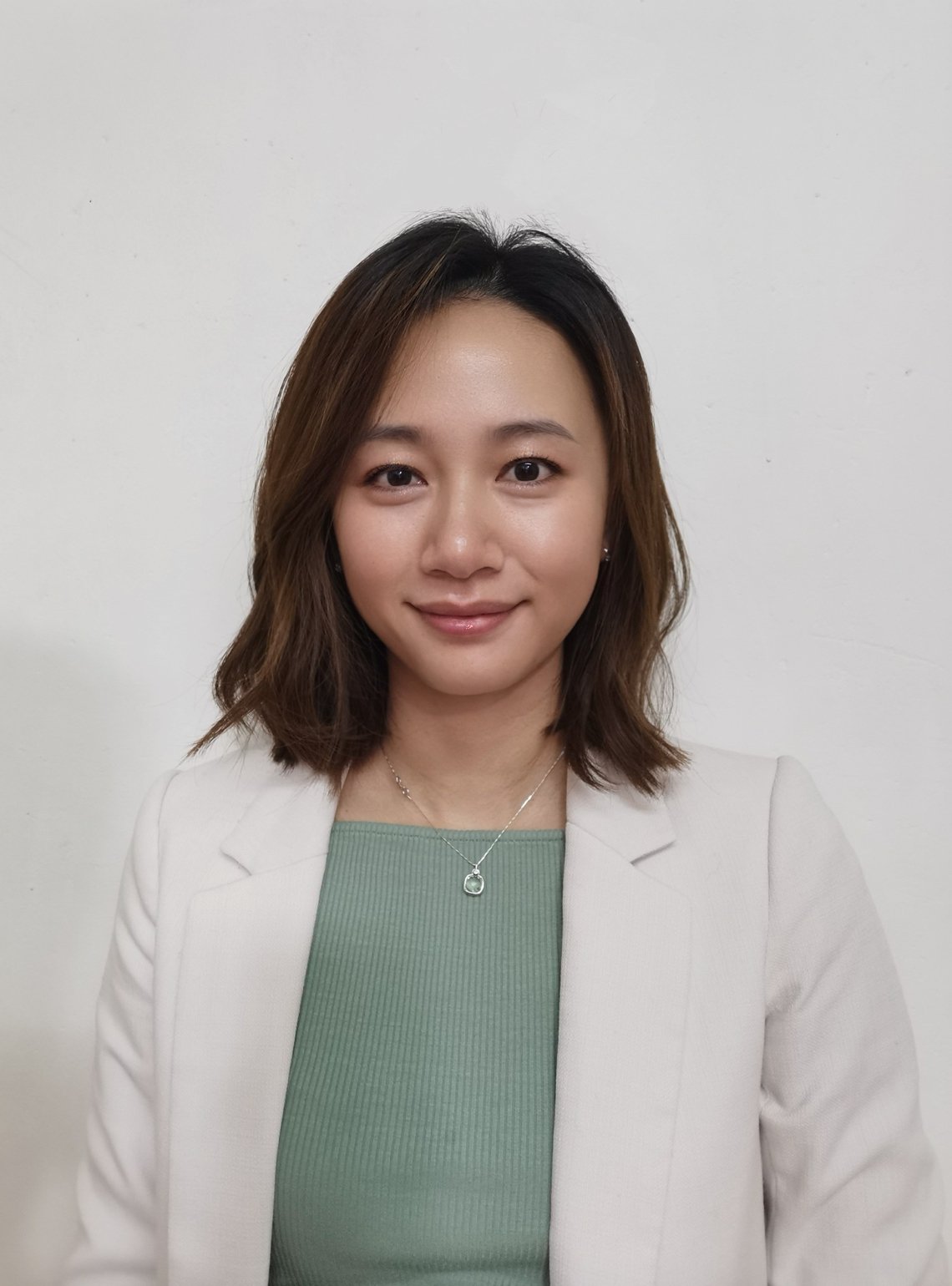Energy & sustainability
Iris Yu
Microwave-assisted biorefinery, pursuing energy-efficient valorization of bioresources into platform chemicals.

Asia Pacific
Xinlong Tian
Breaking the stability bottleneck of hydrogen to electricity conversion electrocatalysts.

Europe
Alisha Fredriksson
Co-founder and CEO of Seabound

Global
Monique McClain
Developing ways to fine-tune the performance of propellants by producing them through a novel route: 3D printing.

Asia Pacific
Zipeng Zhao
New catalysts that enable hydrogen fuel cells to work with ultra-low loading of platinum group metal.
